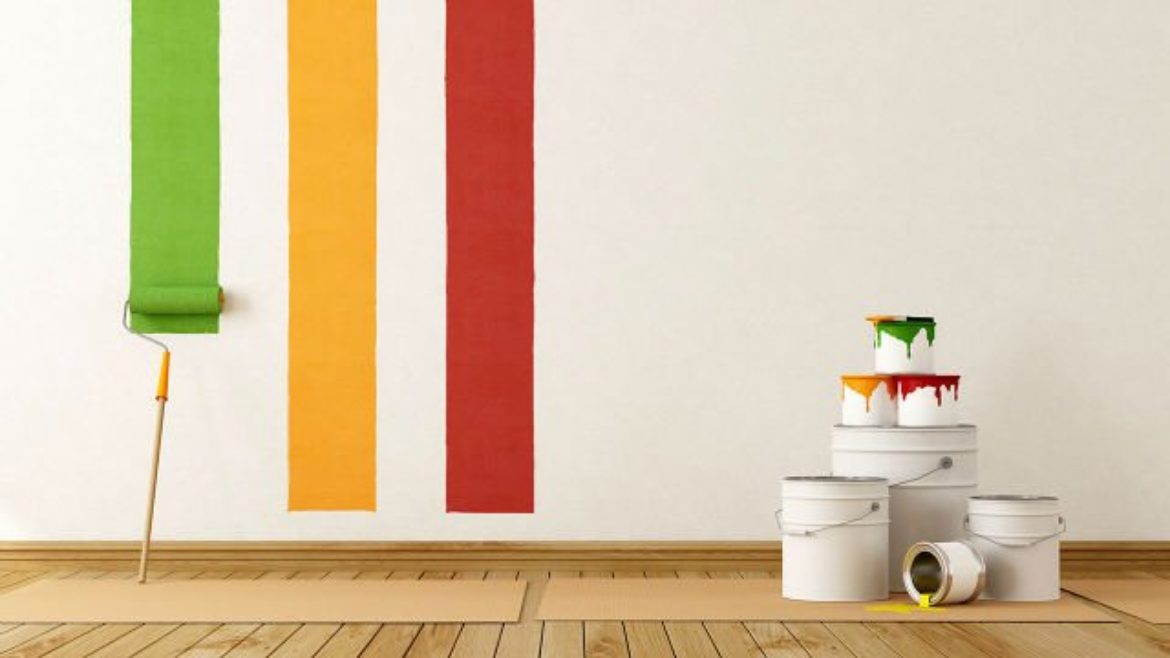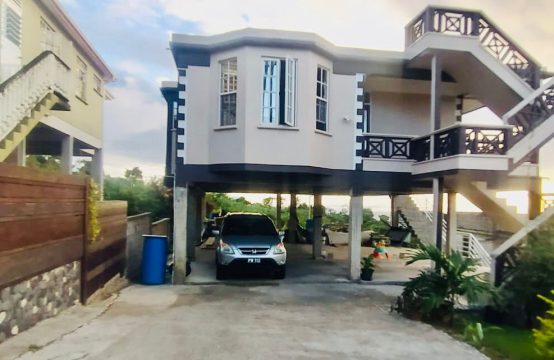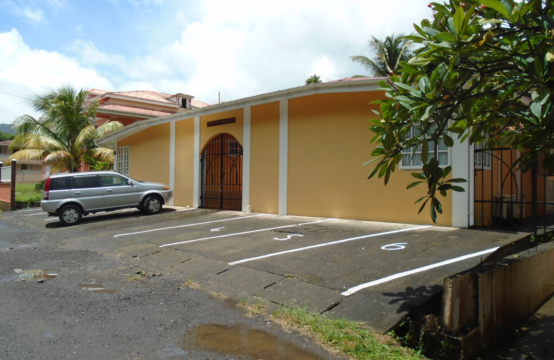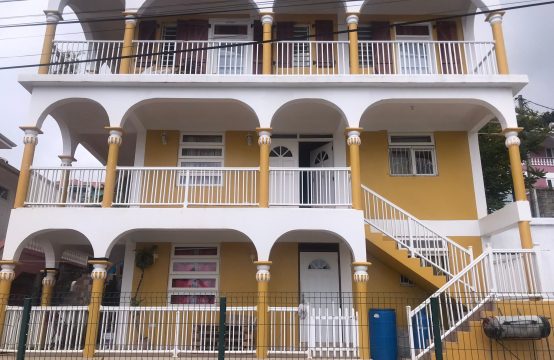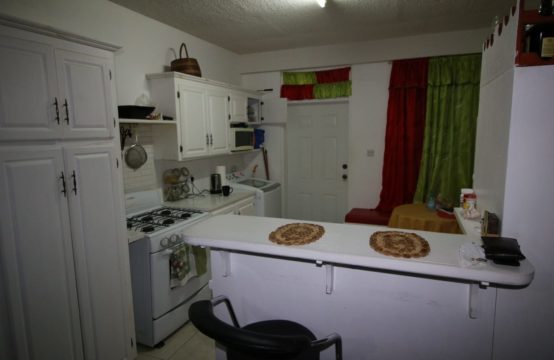Making the decision to sell your home, preparing the home for sale and keeping it in a marketable condition can be stressful. What can be even more stressful is pricing the property, waiting for a buyer, dealing with offers and progressing with the sale process. Selling a home can be easier than you think once certain important aspects are given sufficient consideration and the right decisions are taken. Today we will discuss pricing your property right.
Marketing your property at the right price is one of the most important decisions that a home seller can make. When a home seller sits down to come up with a sale price, it is easy to get caught up in the excitement over choosing the sale price. Selling for more money may seem to be the best option as this may mean more financial opportunities, like taking a long vacation.
When you price your property too high – it stays on the market longer. You may then have to reduce the price which may result in potential buyers forming negative opinions on the property, which may not necessarily be true.
A smart approach to getting your property off the market quickly is to find a knowledgeable agent who understands the local market and then work together on setting the right price. A good agent can help you avoid the overpricing trap.
An experienced agent will help set the right price for your home by considering the following:
Read more

